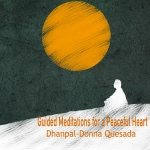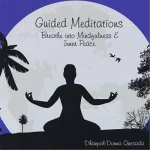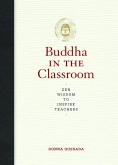 I was always uncomfortable with patriotism (Germanic: Obeying the “father”). I thought it was just that little spark of rebelliousness I always had. But I have come to see it as a legitimately objectionable idea. And that’s just it. It’s an idea, a story, a fiction. The whole notion of national borders and cohesiveness is a comfortable and politically necessary, but nonetheless illusory, myth.
I was always uncomfortable with patriotism (Germanic: Obeying the “father”). I thought it was just that little spark of rebelliousness I always had. But I have come to see it as a legitimately objectionable idea. And that’s just it. It’s an idea, a story, a fiction. The whole notion of national borders and cohesiveness is a comfortable and politically necessary, but nonetheless illusory, myth.
Not only is the diverse and multifaceted population in a continuous rise and fall, but the ideologies that these varied people hold are in constant flux. Due to uncountable reasons, the inhabitants that occupy the geographical space called a country, are inconstant, in all their disordered habits and in all their contradictory beliefs, and are thus, anything but cohesive…in anything. Is there a status, or position, at all? And if there was, what would it be?
I found comeradeship when I discovered political scientist Benedict Anderson’s Imagined Communities. Communities are imagined, since none of the members of even the smallest nation will ever know, or even meet their fellow-members. The members have only a mental idea of their membership in this group. The curious, and perhaps most disturbing part of this fantasy, is that these imaginings make it possible for millions of people to die on behalf of this community.
Breaking down the fallacy of the entity called a nation, is a bit like breaking down the entity habitually called a person. It is convenient to think in terms of a unified self, but upon investigation, there are but scores of systems and processes. Nervous systems, circulatory systems, digestive systems, all in flux, creating our bodies, minds, flickering consciousness, ever-changing moods, and endless desires—all in flux, which is to say, in a process of dying, but we are uncomfortable with that word, and with the very idea.
So, just as the fiction of the nation provides us with a sense of fraternity and belonging, the familiar concept of selfhood and personality supplies us with the needed sense of security and identity.
Can we give up fiction at the cost security? Even a false sense of it?









